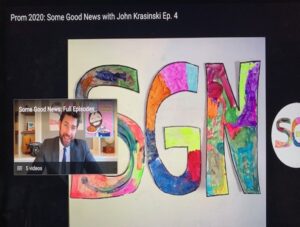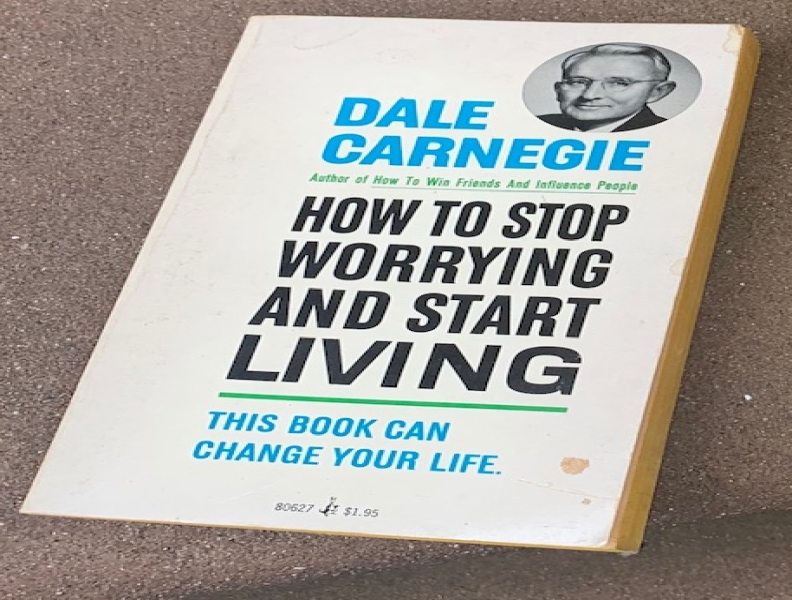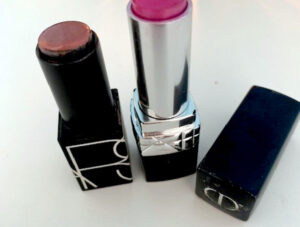I’m a natural optimist but the coronavirus pandemic has seriously tested me. These are scary times. Like everyone, my emotions run up and down. Last week I felt I had a handle on things. This week, not so much.
But I believe in signs. They are everywhere if we are open to seeing them. I don’t always see them. Sometimes I’m caught up in my own mischegoss.
Yesterday though, day 32 of working from home, I was walking down my Brooklyn block to get some fresh air and my bi-weekly grocery shopping when I saw The Sign on the stoop of a brownstone: An old paperback copy of Dale Carnegie’s classic, How to Stop Worrying and Start Living.
Originally published in the UK in 1948 – what a radical thought at the time. Europe was rebuilding after WWII, England was on food rationing until 1954 – the book has sold six million+ copies since.
I didn’t pick it up of course, but I stopped, smiled, acknowledged the wit and wisdom of the universe, said thank you and took a picture.
I maybe on pause (the official designation in New York where I live) but I am still living. I am breathing, feeling, creating, connecting.
I am grateful for this much-needed reminder that the one thing I can control is how I react to the situation. Worrying will not make anything better. Living my best everyday, will.
As Dale C said, count your blessings instead of your troubles. I’m finding joy today:
In my family
In my relationships
In my work
In my present
In my reading
In my streaming
In my supersonic scallions
In my faith
How to Stop Worrying and Start Living is a veritable double strand of pearls of wisdom:
Our thoughts make us what we are.
Nothing can bring you peace but yourself.
Knowledge isn’t power until it is applied.
One of the worst features about worrying is that it destroys our ability to concentrate.
There is only one way to happiness,” Epictetus taught the Romans, “and that is to cease worrying about things which are beyond the power of our will.
Focus on what you’re going to do next instead of worrying about what went wrong.
Let’s not allow ourselves to be upset by small things we should despise and forget. Remember “Life is too short to be little”.
And of course:
If You Have A Lemon, Make A Lemonade: That is what a great educator does. But the fool does the exact opposite. If he finds that life has handed him a lemon, he gives up and says: “I’m beaten. It is fate. I haven’t got a chance.” Then he proceeds to rail against the world and indulge in an orgy of self pity. But when the wise man is handed a lemon, he says: “What lesson can I learn from this misfortune? How can I improve my situation? How can I turn this lemon into a lemonade?




